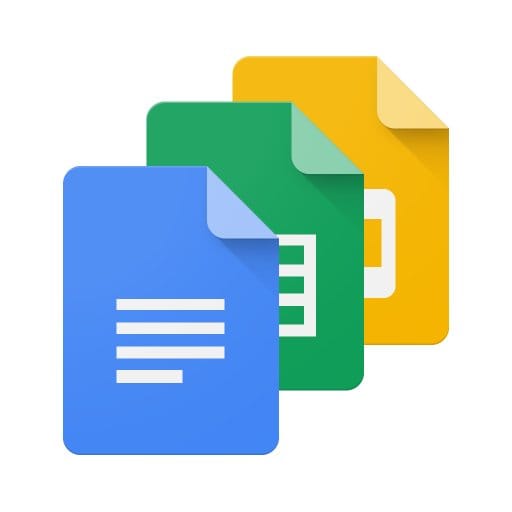Mobile Office Suites - Microsoft vs Google

Google: Better design, collaboration tools, faster for simple tasks, syncing across everything inside the Drive suite, Gmail best app.
Microsoft: Most powerful and feature-rich by far, native environment similar to desktop, complex file-editing, takes up a lot of storage space.
There was a time when productivity in mobile devices was considered a pipe dream. Today, however, that notion has changed dramatically. Collaboration and productivity suites on-the-go are more popular than ever.
Mobile office suites, on smartphones and tablets, are a particularly sensitive topic. Professionals may argue that mobile office suites simply cannot replace their desktop-counterparts while amateurs can frequently do the same kind of work in any device.
Mobile Office Suite – Options are limited
Regardless of where you stand on the issue of mobile productivity, you may still want to try your hand at mobile office suites. Those who are on desktop platforms have quite a few options to choose from. However, most people end up using one or two things such as Microsoft’s Office Suite or Apple and Google’s equivalents.
For the purposes of this article, I will be focusing on the Android versions of Microsoft and Google’s apps. These are also available on iOS, along with Apple’s own iWork suite of apps, but some of the details may vary.
Word vs Docs – Writing a résumé vs simple notes
The fact that Word has practically been synonymous with writing any kind of document for years has scared away many users from trying Docs. Google’s Word competitor was not always robust but it has certainly evolved over the years into a comprehensive piece of software.
For simple documents, Docs is a fantastic tool. It works very fast, easily and instantly syncs with Google Drive, and can be shared immediately. What is quite possibly its biggest advantage is its collaboration tools, allowing users to simultaneously edit documents or make suggestions through any platform, at any time.
On the other hand, Microsoft Word is an incredibly powerful tool. It might be sluggish on some devices but it supports a lot of the features you would find on its desktop version. To put it simply, it is the best app for those who are looking to create professional documents for work, academia, or anything else.
As is often the case with Microsoft’s products, powerful features often come with small inconveniences. For instance, file-syncing sometimes does not work as well as one might expect.
Of course, such inconveniences are easy to overcome if all you want is a suite of powerful word-editing tools. In contrast, Google Docs is nearly perfect for minimalist, simple documents but those looking for advanced features may leave disappointed.
Excel vs Sheets – Close but no cigar
Spreadsheet editing is one area where most work is done in a professional setting. As such, you are much more likely to be proficient in Excel than Sheets because practically every office uses Microsoft’s tools for such purposes.
With that said, Sheets is surprisingly effective on mobile. While some power-user features are missing, it is still powerful enough for moderately advanced spreadsheet editing. Once more, collaboration is implemented greatly here too.
One thing to note here for those of you who are interested in either Excel or Sheets is Microsoft’s Excel Keyboard. Though it is marketed for Excel, it can be used in either app (and outside of them) with a 10-key number layout for fast inputs.
PowerPoint vs Slides – The only clear winner
Though PowerPoint has been the fountain through which many horrendous creations have sprouted, its presentation tools are undeniably the greatest in the market. Practically everyone can create a fully fleshed-out presentation from their phones or tablets with the mobile version of PowerPoint, and that says a lot about its functionality.
In its initial iteration, Slides could do nothing more than create blank, uninspired presentations that could only be used for the most basic of tasks. Now, however, users can at least choose from several templates and themes which can be used to create more than adequate presentations, if employed correctly.
Even so, PowerPoint is simply the tool of choice for presentations and Slides cannot really change that. Light edits are absolutely fine with Slides but those who wish to create presentations from scratch would fare far better with PowerPoint instead.
Mobile Office Suites – What’s right for you?
While it is usually hard to reach a conclusion in the comparisons we have chosen for these series, the battle of mobile office suites has clear winners in each department. If you want powerful tools that work much like their desktop counterparts, then Microsoft’s apps are the way to go.
If you want to collaborate on documents and spreadsheets with other people, Google’s apps is a clear choice. In addition to that, those who simply want to do light editing or light writing will find Google’s tools adequate for their purposes. After all, Microsoft’s tools take up too much space if they are only to be used sparingly.



